Where We Work
Somalia
Context
Somalia is currently ranked 7 on the Global Terrorism Index of 2024. Over the past year, Somalia has been characterised by political tension amid delayed elections, Al Shabaab territorial gains, a humanitarian crisis, and the planned withdrawal of the African Union Mission in Somalia.
In 2022, Somalia formed a new government whose main focus is currently the fight against Al Shabaab. Somalia government forces backed by local militia groups and security partners carried out an intense offensive in most parts of the country and made military gains by capturing several areas including previous Al Shabaab strongholds.
Al Shabaab still remain in control of much of Middle Juba, and parts of lower Juba and Gedo, and the Islamic State in Somalia, active in Puntland and Mogadishu have increased their reprisal attacks in major cities and towns. Al Shabaab strongholds have emerged in middle Jubba (Jubbaland) and Lower Shabbele (Southwest state), shifting its focus towards the control of major supply routes in efforts to expand its revenue base through tax levies.
The humanitarian situation deteriorated considerably over 2022 due to failed rains for fifth consecutive season, worsening the drought situation. Jubaland, where GCERF projects operate, is one of the worst hit areas. The loss of livestock and livelihoods has potential socioeconomic impacts that could strengthen Al Shabaab recruitment.
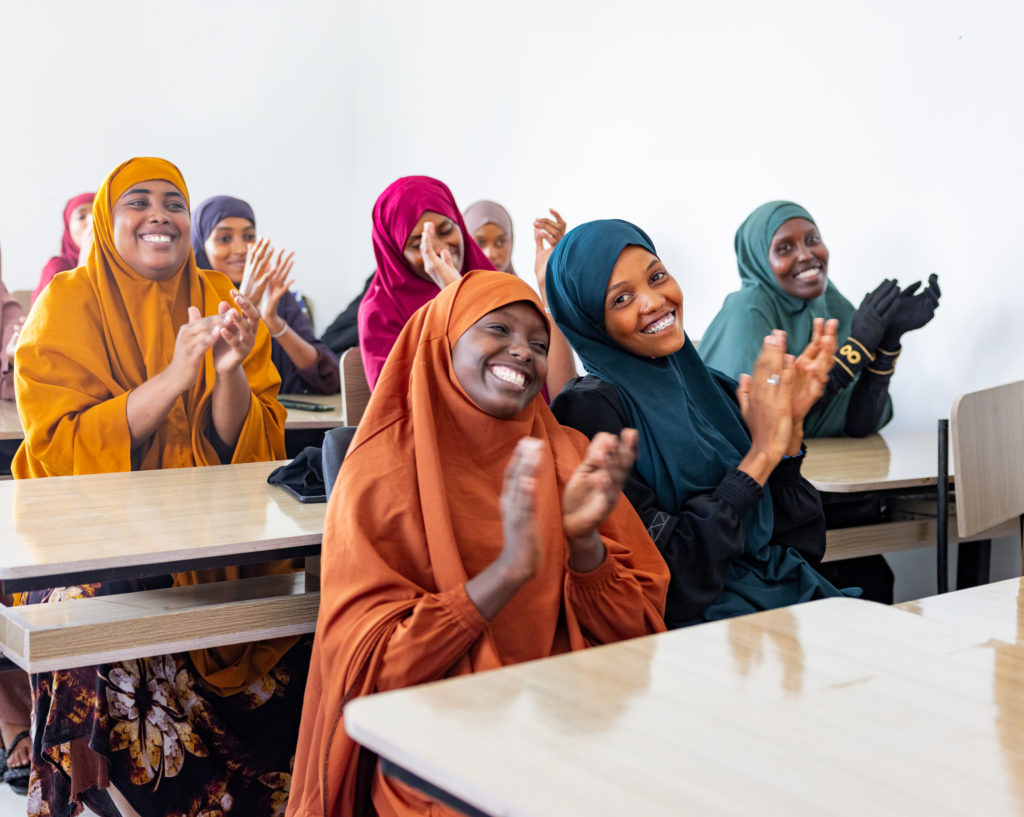
Country Statistics
Investment Focus
GCERF supports activities in Somalia to prevent violent extremism by building community resilience and social cohesion . GCERF currently focuses on empowering youth and women, whose exclusion from political and community processes is a driver of recruitment into violent extremist groups. Other target groups include community leaders, teachers in madrassas and schools’ teachers and existing peace structures by building their capacity to effectively engage their community members on prevention of violent extremism. GCERF invests in programmes designed to:
- Train youth and women on civic rights and responsibilities, improving their knowledge of political processes and capacity for advocacy.
- Provide in-depth knowledge of legal rights, including human rights frameworks, enabling them to act as local advocates and human rights defenders.
- Engage in lobbying and discussions with whole communities to negotiate spaces for the engagement of youth and women in decision-making processes.
- Support the creation of two organisations representing the interests of youth and women, which will be helped to obtain their own funding following the end of the project.
- Train mental health paraprofessionals and address skills gaps.
- Create business networks of entrepreneurs to work with youth and support them with employment skills as well as inclusion on a job registry.
- Raise awareness through broadcasts that reduce taboos around mental health
- Improve the capacity of existing local peace committees to effectively engage community members.
- Provide opportunities for functional and structured dialogue and engagement between young people and authority figures (both government and elders) to advocate for specific PVE issues;
- Build on these forums for integrated participation and action.
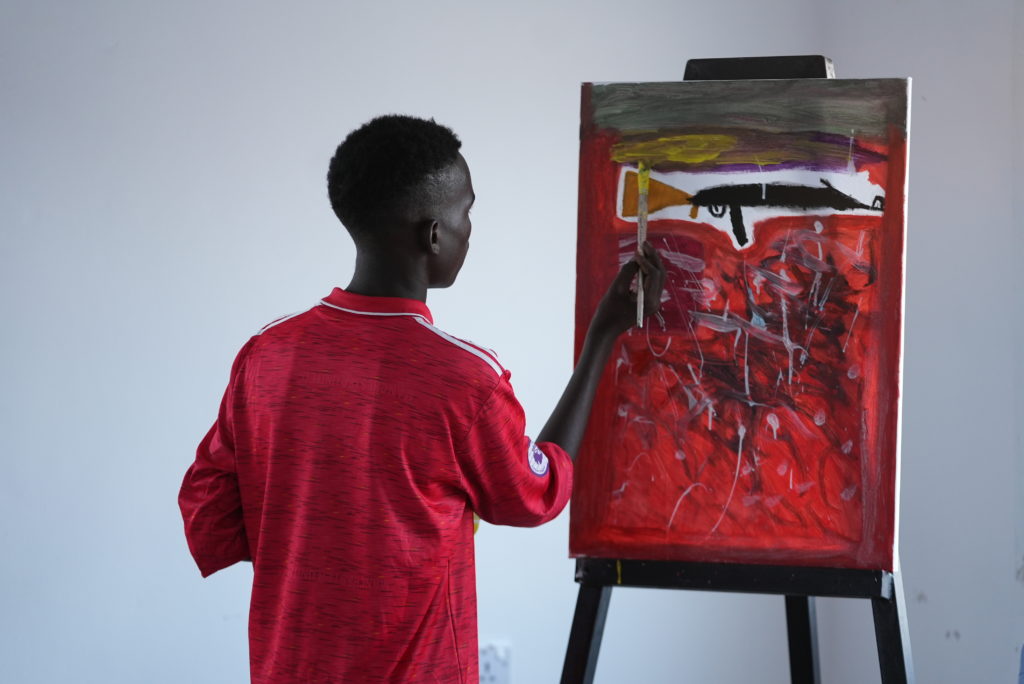
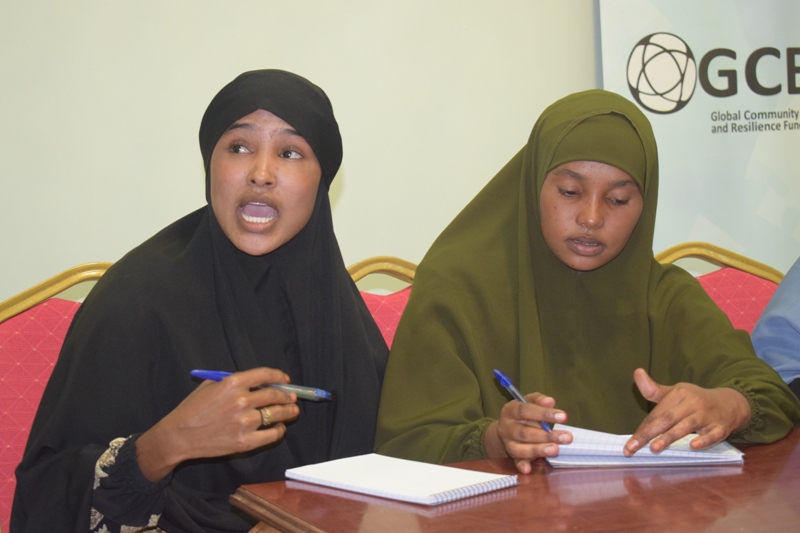

The civil war in Somalia has caused many people to suffer from mental health issues. I have now learnt from this training on how to take care of people with mental health issues.
– A participant of the mental health and wellbeing workshop

Local Partners in Somalia


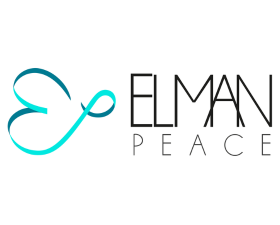

Newsletter

Sustainable Development Goals
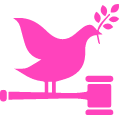
Peace, Justice & Strong Institution
No Poverty

Quality Education

Gender Equality

Decent Work & Economic Growth

Reduced Inequalities

